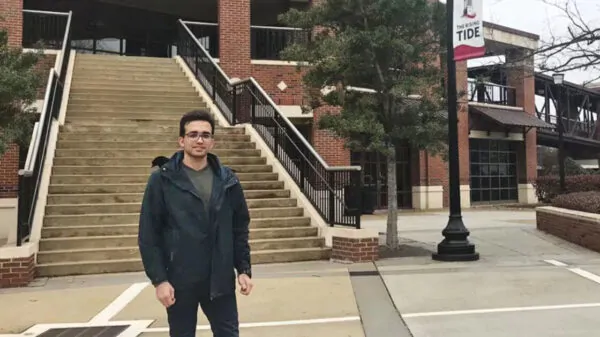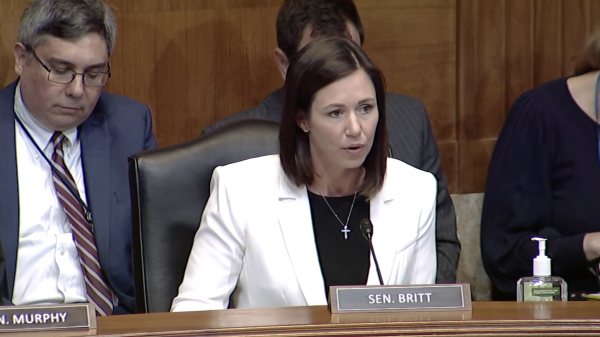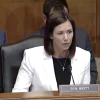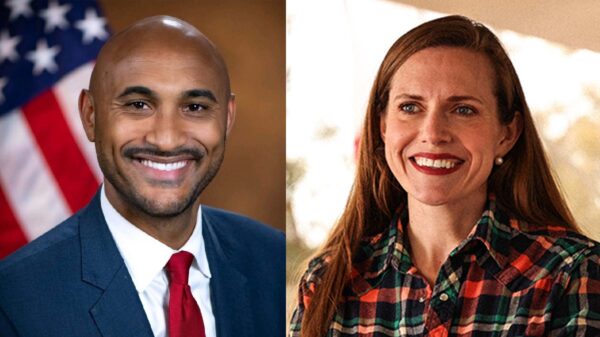|
Getting your Trinity Audio player ready...
|
When Republican Caroleene Dobson proposed the mass deportation of all “illegal aliens,” including the deportation of children born to immigrants in the United States, during a debate before the primary runoff in the 2nd Congressional District, her words struck a nerve. Such rhetoric not only indicates a fundamental misunderstanding of the U.S. Constitution’s 14th Amendment, but it also raises deeper concerns about the growing momentum of exclusionary policies within American politics.
The 14th Amendment’s Section 1 clearly states that anyone born or naturalized in the United States is a citizen, irrespective of their parents’ status.
“All persons born or naturalized in the United States, and subject to the jurisdiction thereof, are citizens of the United States and of the State wherein they reside.”
These words were designed to enshrine the principle of birthright citizenship and ensure equality before the law. Dobson’s rhetoric, suggesting the deportation of these American-born children, fundamentally conflicts with this core constitutional principle. It also raises the question: Is this a misstep, or does it reflect a broader ideological shift toward a more exclusionary America?
To understand the significance of Dobson’s stance, we must consider the historical context and the intent behind the 14th Amendment. This Amendment was a direct response to the horrors of slavery and the post-Civil War need to ensure that formerly enslaved people and their descendants were recognized as full citizens with protected rights. It also aimed to establish a broader standard of equal protection and due process, ensuring that no state could infringe upon these rights without legal justification.
Dobson’s proposal to deport American-born children aligns with a broader narrative that seeks to narrow the definition of citizenship. This isn’t the first time such rhetoric has surfaced in American politics. In past decades, attempts to reinterpret the 14th Amendment’s Citizenship Clause have often stemmed from xenophobic and nativist ideologies. These attempts are bolstered by groups like The Heritage Foundation, which argue that the Amendment’s original intent allows for Congress to use Section 5 powers to limit birthright citizenship. While such interpretations have failed in the past, the persistence of these ideas signals a troubling direction.
The U.S. Supreme Court has provided clarity on the matter, ruling in key cases like Scott v. Sanford, Elk v. Wilkins, and United States v. Wong Kim Ark that birthright citizenship applies to all born on American soil. These cases underscore the Amendment’s role in dismantling racial and ethnic barriers to citizenship and reaffirm the rights of individuals born to immigrant parents.
Dobson’s call to deport American-born children not only contradicts these legal precedents, but it also undermines the principles of diversity and inclusion that have defined the United States for centuries. America has always been a melting pot, a nation where people from various backgrounds have contributed to its growth and success. The 14th Amendment, with its clear language and intent, has been central to maintaining this ideal.
The impact of such rhetoric extends beyond constitutional interpretation. It risks fostering a climate of fear and discrimination, where individuals are judged not by their character or contributions, but by their lineage. By advocating for policies that would strip citizenship from American-born children, Dobson and like-minded individuals promote a divisive agenda that threatens to unravel the social fabric of the United States.
It’s crucial that we, as a society, push back against such dangerous ideologies. Upholding the 14th Amendment is not just a matter of legal precision—it is about safeguarding the values of equality, justice, and inclusion. To suggest that some American-born citizens should be treated differently based on their parents’ status or heritage is to betray the very foundation of American democracy.
As we approach the 2nd Congressional District general election, voters should carefully consider what is at stake. Are we a nation that honors the principles enshrined in our Constitution, or are we willing to turn a blind eye to those who seek to dismantle them? The answer will shape the future of American society and Alabama’s, determining whether we continue to progress toward a more inclusive and just nation and state or regress into a fragmented and exclusionary one.





















































